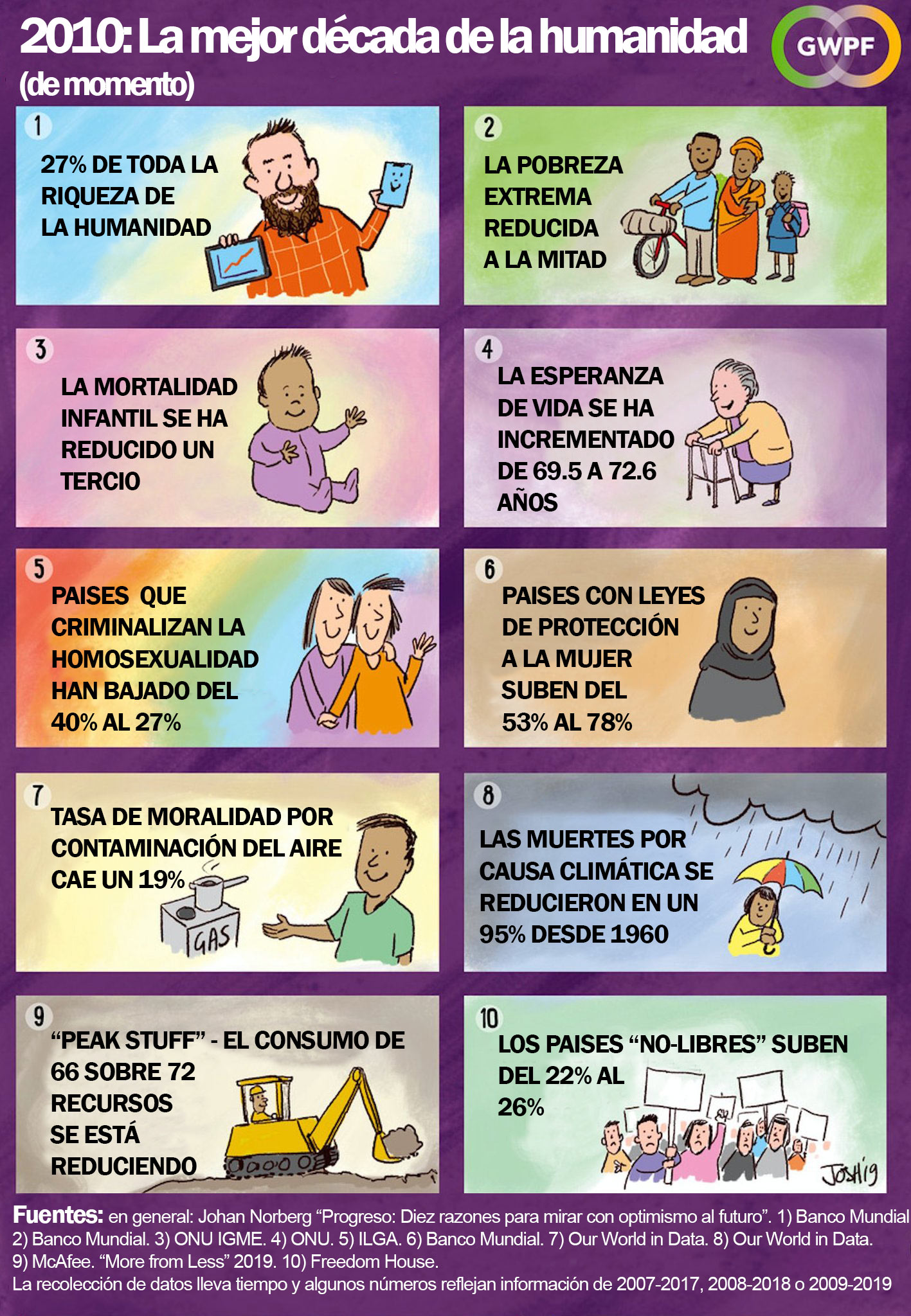Relationships and decisions. By Tim Ferris & Kevin Rose
At latest podcast from The Tim Ferris Show, Tim and Kevin meet to chat about their latest learning and share some tips and experiences that apply in their day to day.
In this summary, I will review some of the keys mentioned for having been interesting, surprising or noteworthy related to couple relationships and decision making.
Couple lessons learned in recent years
- Kevin: Therapies are highly underrated
- She credits the success of her relationship with seeing a therapist once a week with her partner..
- The goal of therapy was to use their free time to have well-structured conversations that would help them find the best way to move on.
- Try to find someone who is always on your team and vice versa.
- Tim: Polarity in a relationship is important.
- “What I have observed in my case and also in some friends, is that it helps to find someone who is as far as you are from the neutral point. Maintain and enhance polarity in a relationship it is important to maintain attraction and a healthy sex life.”
- It is critical to have a structure for cultivate relationship – this can be in the form of week therapy, a weekend date or a couple's day.
- Somehow, this serves to “cultivate the garden before the weeds take over”.
Regular couple conversations
- Tim and his girl are regularly scheduled to talk about their relationship – prefer to encapsulate these conversations instead of having them randomly; why?
- Tim says it's something “sensible”: It excessively stimulates you to make unexpected decisions. It can surely have adverse effects on your day if you face some couple conflicts on any day at 2 pm.
- The format of their conversations is usually something like this:
- Tim and his girl discuss things that they think the other person is doing well since the last conversation.
- Then, talk about what they think they are doing well.
- By last, they talk about what they think the other person could do even better.
- During these sessions, they both take notes and then send them to the other person.
The language you use with your partner is vitally important
- About the book Nonviolent communication, from Marshall Rosenberg comment:
- “If you express things in such a way that you are taking full responsibility for the experience and emotions, you disarm the other person and help avoid attacks or the defense of the other.”
- For example, instead of saying: “You have done X to make me feel Y”, you can say: “The story that I created in my head is that you made X because…”
- Another tip for relationships: If you think your emotions are getting out of hand and keep arguing it can only end in a fight, postpone the conversation.
- In other words: veto a conversation until you are in an emotional state where the content or tone of the conversation does not take you to the extreme.
Never be afraid to admit that you don't know something
- If i look back, The only thing I didn't do fast enough was recognize myself and others who didn't know a certain thing.. The faster you are in recognizing that there is no gap in your knowledge, the faster that gap is filled.
Make a decision that saves you 100 subsequent decisions
- For the past few months Tim has been focusing a lot on saying “no” and develop norms or policies that allow you to say no more quickly or easily.
- One of the questions Tim usually has on his mind is “In what areas of my life can I make a decision that will eliminate hundreds or thousands of future decisions??”
- Some examples:
- En 2015, Tim publicly stopped investing in startups.
- A while ago Tim promised not to do any more book propaganda.
- En 2020, Tim has promised not to read books that have come out this year. – keeping focus on books that have been able to pass the test of time.
- why? Esther decisión le aleja del FOMO (Fear of missing out) that appears every time a new book is released.
- Some examples:


